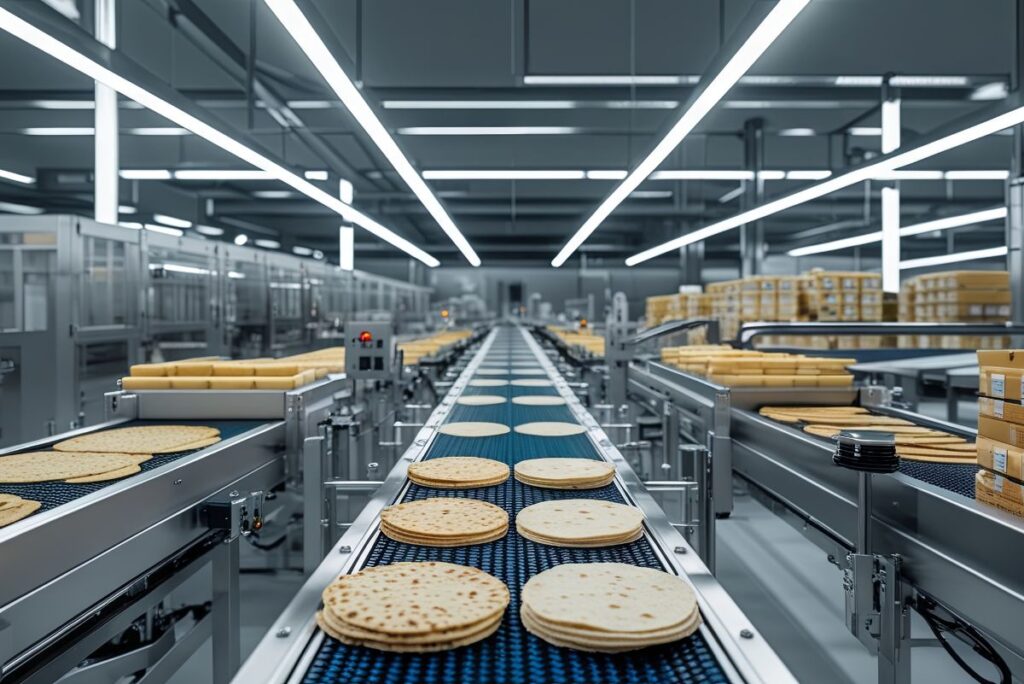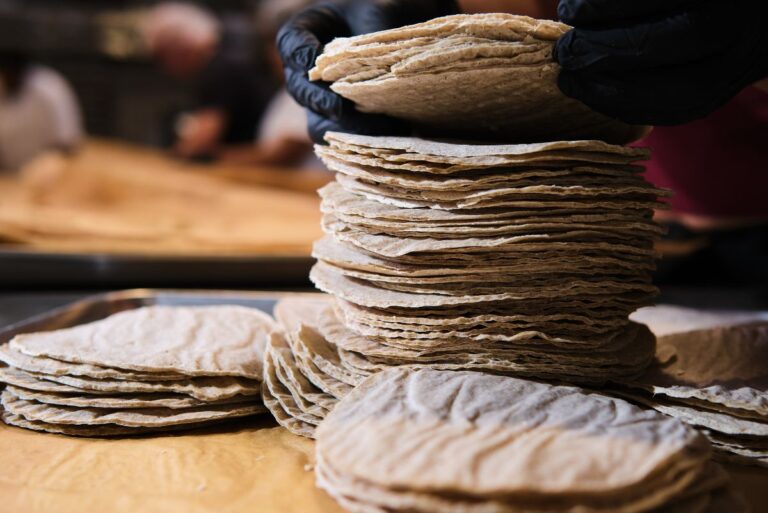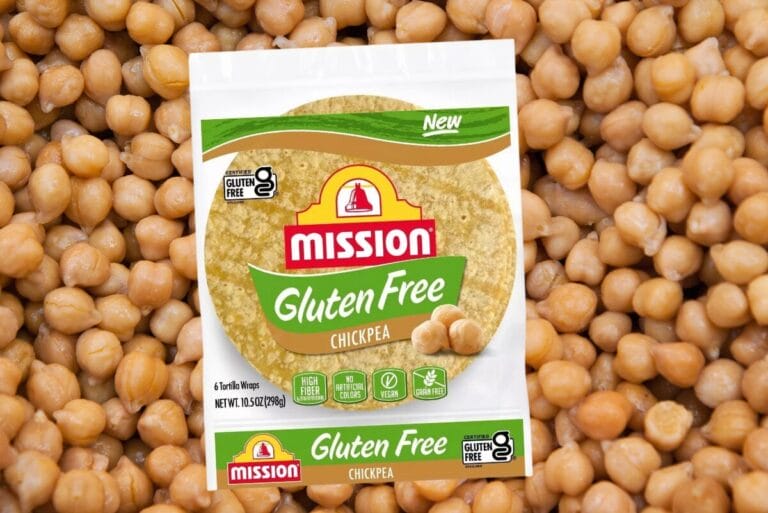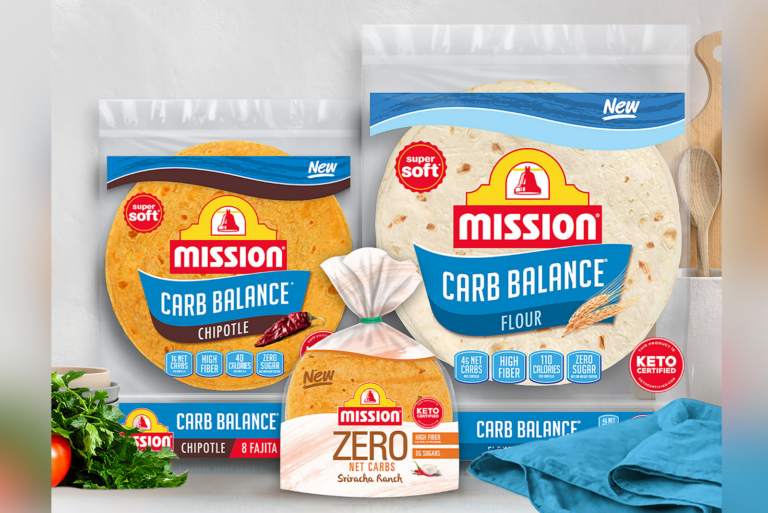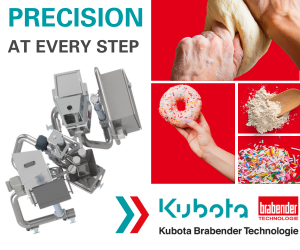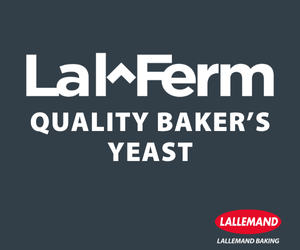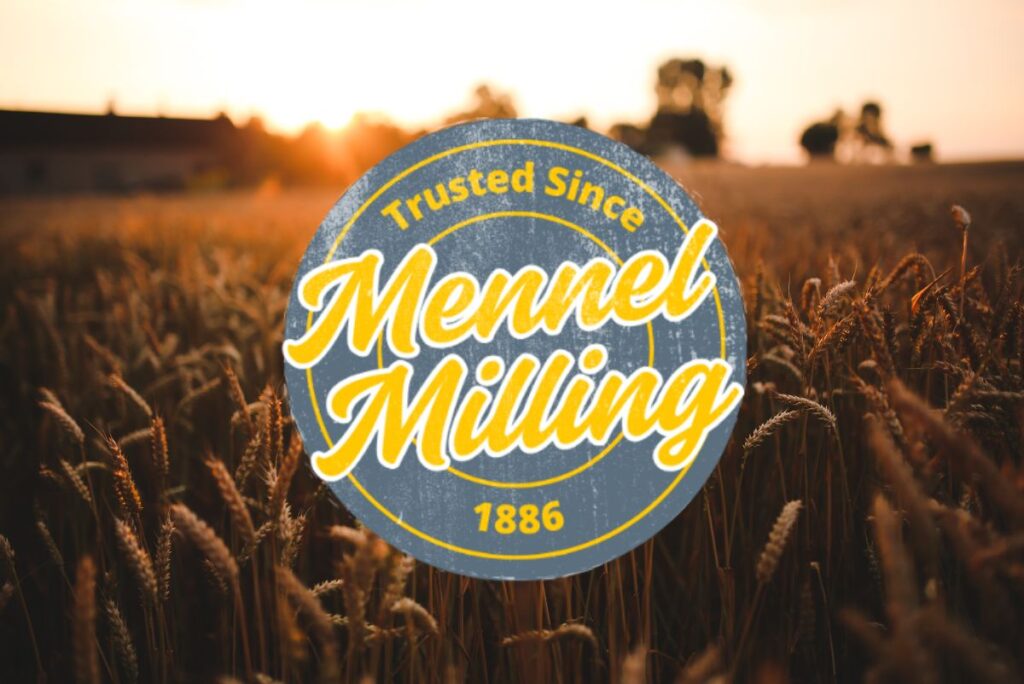Emphasis on sustainability measures and food safety regulations is also sparking innovation for the category. Manufacturers are investing in eco-friendly packaging, engaging in ethical sourcing of ingredients and looking for ways to minimize waste, according to an FMI report.
For example, Anaheim, CA-based PACHA’s tortillas use buckwheat, which is a staple crop used in regenerative agriculture. The company’s packaging is 100% home compostable, which reduces plastic packaging waste.
Additionally, Toufayan Bakeries is committed to environmental sustainability. The company is continuously seeking ways to reduce food waste and invest in energy-efficient equipment to minimize its environmental footprint.
“We have recently overhauled our packaging, introducing 100 percent recyclable materials with resealable zipper closures, eliminating the need for plastic clips and inner cellophane wraps,” Toufayan said. “This initiative is expected to reduce our plastic consumption by more than 40 tons annually.”
Adhering to food safety regulations is critical for commercial bakers, especially those with brands that are certified organic and free from gluten and other allergens. PACHA’s products are free from the top allergens, including wheat, milk, eggs, fish, shellfish, tree nuts, peanuts, soybeans and sesame. These claims require the company’s facility to meet Gluten-Free Certification Organization, California Certified Organic Farmers and other standards for certification.
“The biggest challenge is reimagining processes that typically rely on allergens, but for us, that’s also the opportunity,” said Adam Hiner, co-founder of PACHA. “We manufacture in our own facility, which is entirely free from the top nine allergens, so there is no risk of cross-contamination.”
Every ingredient that enters PACHA’s facility is clearly labeled and logged. Hiner pointed out that having its own operations allows PACHA to build food safety in from the ground up. If the company used a co-manufacturer, some of that control would be lost.
Tortilla manufacturers are still navigating labor, supply chain, and trade and tariff uncertainty, as well as other daily production issues. For the most part, many have been able to troubleshoot problems with minimal disruption.

